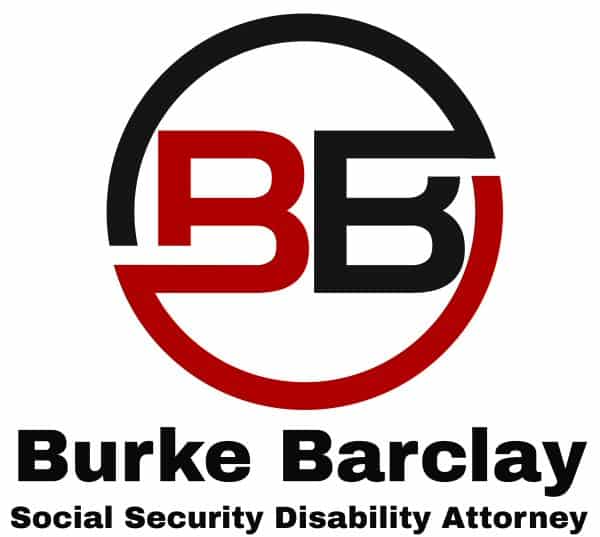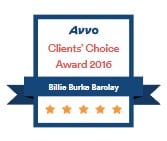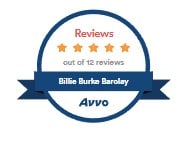Why Will A Vocational Expert Testify At My Social Security Disability Hearing?
Why Will A Vocational Expert Testify At My Social Security Disability Hearing?
First, it is important to know exactly who and what a Vocational Expert (VE) is. He or she has formal training and usually work experience understanding worker limitations and what jobs would be available in the national economy. Thus, he or she takes into consideration a person’s limitations or condition and decides what jobs could still be done despite such limitations. For example, a person that only had one arm, a VE could determine that person would still be capable of being a security camera monitor.
Next, it is also important to understand why a VE would be asked to testify at your Social Security disability hearing.
During your hearing, the VE will listen to a claimant’s answers to questions asked by the judge and his or her own attorney. As the questions are asked and answered, they reveal what limitations a claimant has to keep him or her from working full time. Once all questions are answered, the judge begins to ask what jobs would still be available despite the limitations revealed in the claimant’s medical files and his or her answers during the hearing.
When you hear this at your own hearing, you’ll understand where you are in the process of determining whether or not you can do any past or other jobs. It looks and sounds something like this:
Judge: “Ms. ____________, let’s assume a hypothetical person with the same work history, age, education, and work skills as the Claimant, who can: (1) climb stairs occasionally, (2) seldom bend or stoop, (3) cannot reach above his head with his non-dominate arm, (4) no crawling, (5) is restricted to simple tasks, (6) unlimited pushing or pulling with dominate hand, (7) and would be off task as much as 15% during the workday….Would there be past work this hypothetical person could perform?”
VE: ” This hypothetical person was an administrative assistant for the past fifteen years, which is a sedentary strength position with an SVP 7 (which means how long it would take for the person to learn the job). Therefore, since this hypothetical person is limited to simple tasks, then no past work would be available.”
Judge: “Ok, Ms. ____________, would there be other work this hypothetical person would be able to perform?”
VE: “Your Honor, the fact that this hypothetical person would be off task at least 15% of the time during the workday, would likely preclude any jobs being available to this person.”
Judge: “And is your testimony today in compliance with the Dictionary of Occupational Titles and other rules and regulations of the Social Security Act?”
VE: “It is, Your Honor.”
So, as you can see above, once you have stopped answering questions from the judge and your own attorney, those answers are used to form a hypothetical person with the same conditions and limitations you have. Then, a determination is made that even though this hypothetical person has all of these limitations, is there still a job somewhere in America with enough available positions you (as this hypothetical person) can still do. If there are jobs (even if they are in other states) then you are not disabled. If, however, if there are no other jobs then you have a pretty good shot at being found disabled.
But, you always need to keep this in mind:
Even though there is a determination made by the VE at your hearing that there are no jobs available in the national economy, that still does not mean that you will be found disabled. Why? Because, a hearing is only about 30 minutes at the most. Sometimes, there are things in your medical records that show you are capable of working. When this happens, you may see a VE state there are no jobs available, but you may ultimately be denied in the judge’s written decision.
A Vocational Expert has looked at your medical records, but he or she is not at your hearing to come up with their own determination as to whether or not you are disabled. He or she can only answer to the questions asked even if there is conflicting medical evidence in your file. It is the judge’s job to weigh not only your testimony at your hearing but all medical evidence as well.
Sometimes, claimants leave a hearing feeling as though they won their benefits, only to find out through the judge’s written decision that they are considered not disabled. But, the first step in winning your case at your hearing is to at least have the Vocational Expert state there would be no jobs available in the national economy.
You Need an Experienced Social Security Disability Lawyer
We represent claimants fighting for their Social Security disability benefits throughout Texas and California. Contact the Law Office of Burke Barclay for a highly experienced Social Security Disability Lawyer in Dallas, Texas
"Experienced Social Security Disability Lawyer representing clients throughout the United States who either need to initially file for their Social Security disability benefits or have been denied at one of the various stages throughout the process to give them the best chances of success."
Business Address
3838 Oak Lawn Ave.
Suite 1000
Dallas, TX 75219
Business Phone
Business Hours
Monday - Friday
8:00 AM - 5:00 PM





